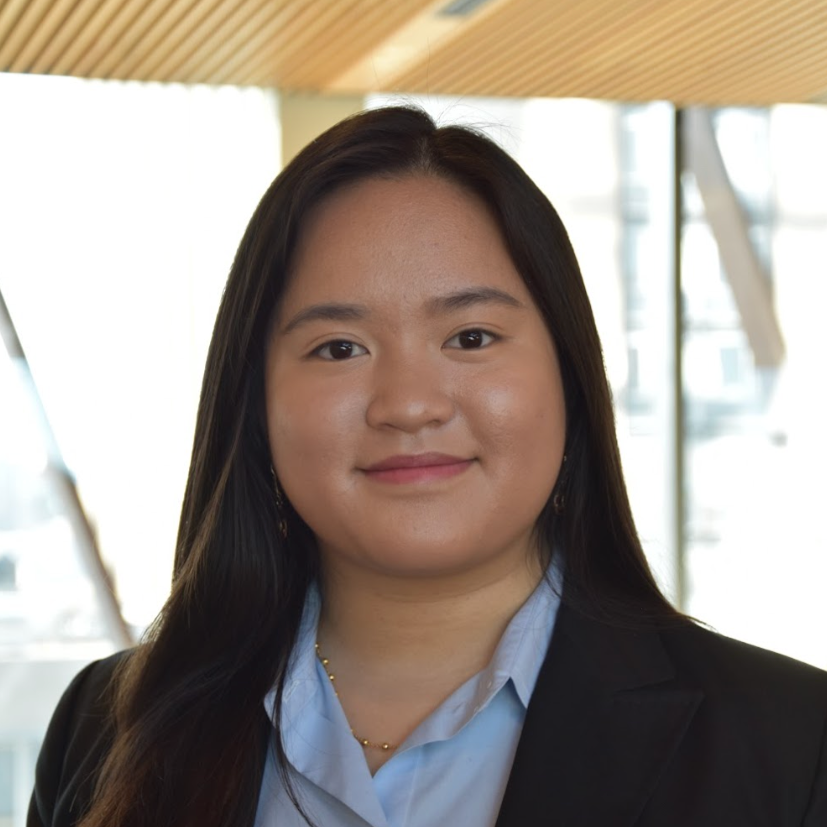Overview
The World Trade Organization (WTO) is an intergovernmental institution founded to regulate and facilitate trade. The mission of the WTO is to use trade to improve quality of life worldwide and promote globalism. The organization works to ensure global trade flows smoothly, predictably, and freely. Additionally, the body aims to reduce tariffs and other trade barriers, provide a forum for trade negotiations, and resolve disputes between member countries. The ultimate goal of the organization is not to enrich any nature or enforce totally equal standards of trade, but to use trade as a means to improve people's standard of living, create better jobs and promote sustainable development.
Topic 1: Protectionism and Violations of Most-Favored Nation Status
The first topic of the committee will revolve around the central commitment of the WTO that member-states make, specifically the Most-Favored-Nation rule (MFN). MFN mandates that member-states treat all other member states equally in trade matters, never giving a favorable deal to one nation that isn’t offered to all other member-states. The exception to this rule is for deals made with developing nations, as in accordance with the mission of the WTO, offering favorable trade deals to developing nations will help them grow and develop. However, these principles have come under fire recently, as across the world there has been a surge towards extreme protectionism and anti-globalist policies, including tariffs that potentially violate MFN. These so-called reciprocal tariffs, have been denounced by many international trade courts and appear to violate nation status, but as trade wars kick into gear, reshaping the global economy, the question becomes does MFN have a place in the current state of the global economy. Delegates will have to come to consensus on how to enforce MFN and find alternatives to protectionism to countries that violate MFN.
Topic 2: Ensuring Equitable Trade Conditions for Developing Nations
The second topic for discussion is the potential exploitation of developing member-states. This committee must consider the nature of favorable trade deals for developing nations, as these deals can often lead to dependency and can become extractive and exploitative if left unchecked. Developed nations are often using favorable trade deals with developing nations in order to promote their hegemony and establish spheres of influence in developing markets. Additionally, many of these deals help promote quality of life, but don’t actually develop infrastructure in developing countries, leaving the developing nation stuck producing labor-intensive exports that don’t require as much capital, which typically decrease in price over time, creating a drain on the nation’s economy as the relationship between trade partners becomes exploitative. Delegates must consider the complex economic factors of development and the pressure applied by international economic and political forces when establishing these “favorable” trade arrangements.
The Dais
Lily Zhang (Lai Wai) - Chair
Lily Zhang (she/her) is a senior at Boston University studying International Relations with a minor in Business Administration. Born in Macau, raised in Australia, and having studied in Switzerland, she is honored to serve as the Chair for the World Trade Organization (WTO) committee at BosMUN XXV.
Lily's MUN journey began in high school, and she returned to the activity last year, serving as Vice Chair for ECOFIN at BosMUN XXIV. Her background, which exposed her to diverse cultures and languages, fuels her interest in international development and her excitement for chairing the WTO.
Outside of academics, Lily enjoys playing the piano, skiing, tennis, and golf. Her favorite hobby is traveling, with a current goal of visiting every country in Europe. She also has a two-year-old miniature dachshund.
Reflecting on her MUN career, she encourages delegates to cherish every experience, as the true value lies in the memories and the journey, not the awards. She looks forward to witnessing greatness in the committee alongside her Vice Chair, Jessica.
Jessica Wu - Vice Chair
Jessica Wu (she/they) is a junior at Boston University studying Psychology and Sociology with minors in Deaf Studies and Urban Studies, and is on the pre-law track. Originally from Denver, Colorado, she is thrilled to serve as the Vice Chair for the WTO committee at BosMUN XXV.
Jessica's background in Model UN is unique: this conference marks her first time trying it in person. They are excited to learn alongside the delegates and emphasizes that the experience is highly valuable for professional development and growth.
Outside of the conference, she enjoys snowboarding, visiting museums, and trying new restaurants while traveling. Jessica has two pet turtles named Wugui and Wushu, and has recently taken up beekeeping. Her current on-campus roles include serving as Vice President of BU's Deaf Studies Club and VP of Communications for the College of Arts and Sciences Dean’s Hosts.
Jessica encourages delegates to build connections, demonstrate their hard work, and take advantage of every opportunity provided, both professionally and personally. She and Chair Lily Zhang look forward to supporting the delegates and seeing WTO succeed.
Contact: wujessi@bu.edu



